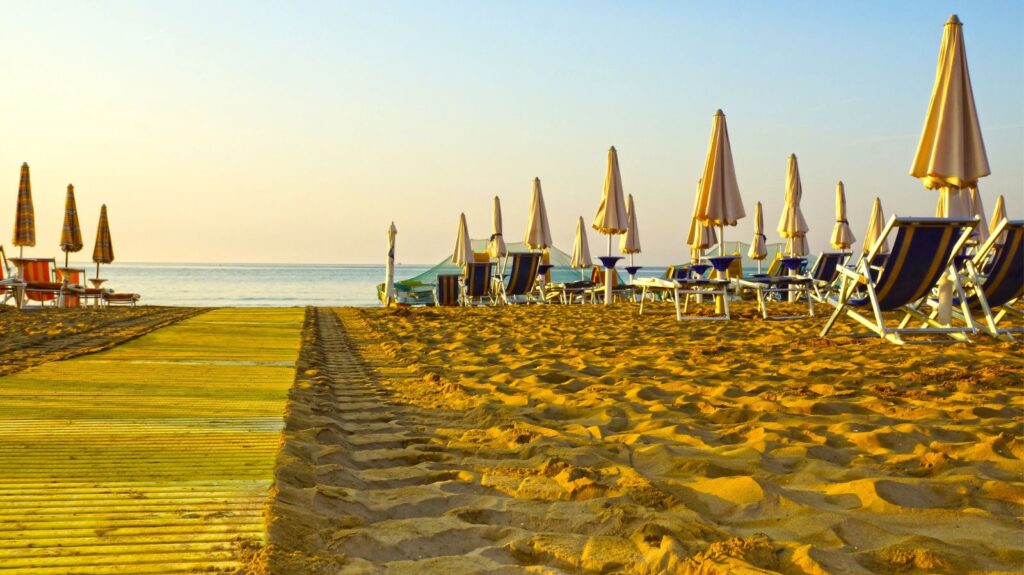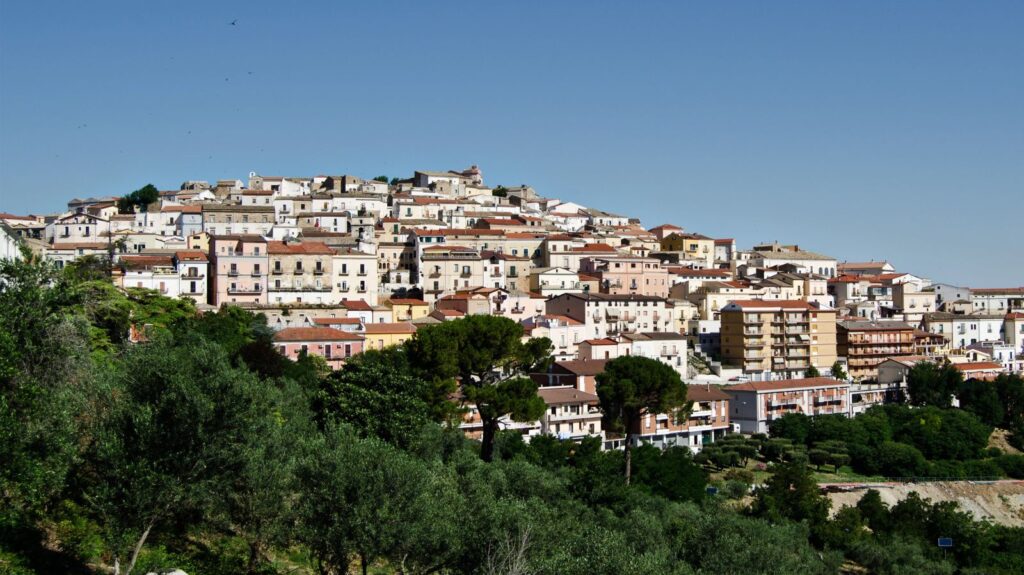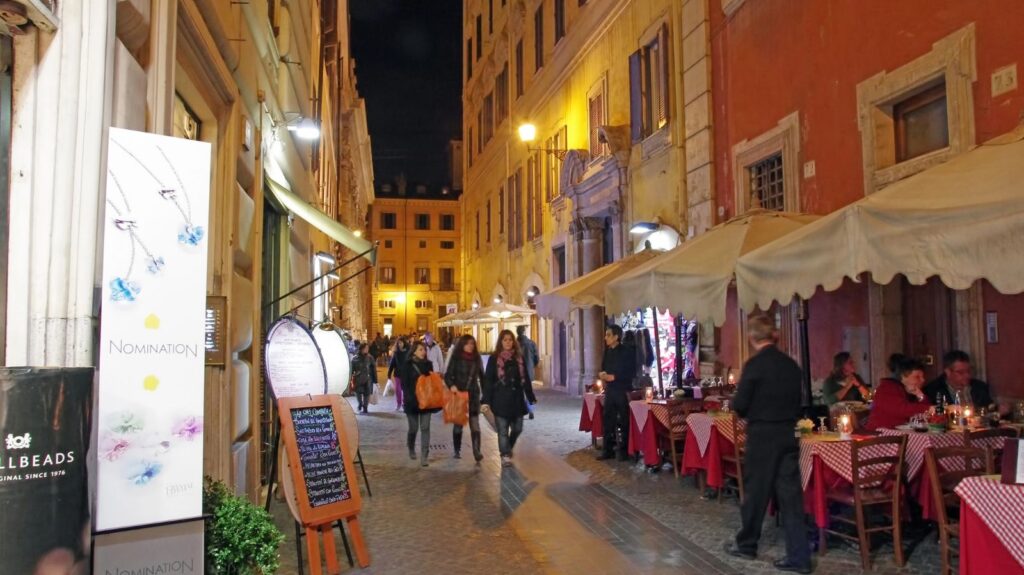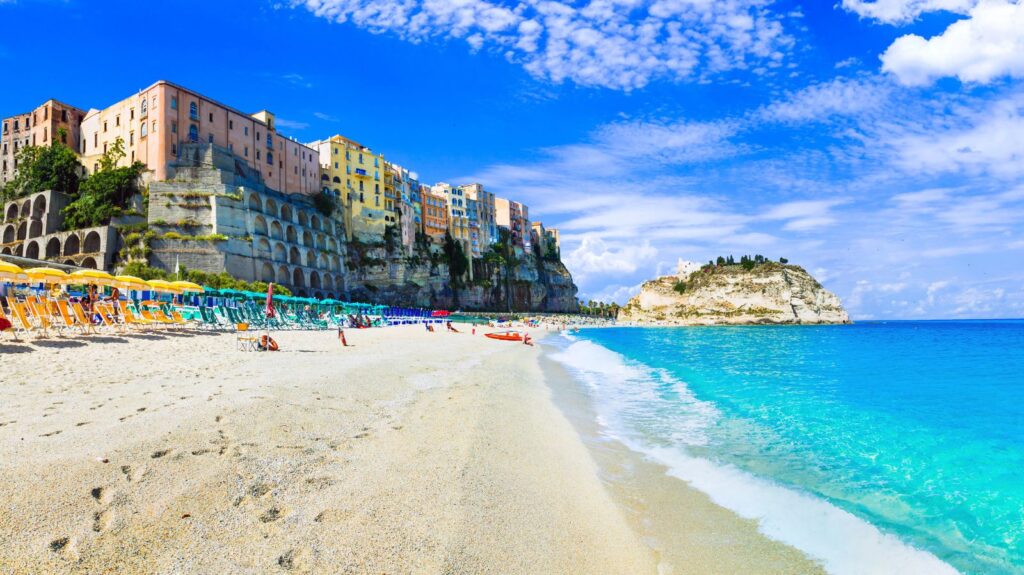Italy holds secrets beneath its sun-drenched piazzas and wine-soaked dinners. You think you know this country—the passionate gestures, the perfect pasta, the romance that floats through cobblestone streets like morning mist. But every bite of gelato comes with unspoken rules, every conversation carries invisible boundaries. These taboos aren’t written in guidebooks or announced with neon signs. They’re whispered between locals, learned through sideways glances, discovered when you accidentally step into cultural quicksand. Understanding them transforms you from tourist to temporary insider, someone who navigates Italy’s social landscape with the grace of someone who knows when to speak and when to simply appreciate the magic.
15. Hand Gestures

Hundreds of distinct hand gestures pepper Italian conversations like visual punctuation marks. Kissing your fingers celebrates culinary perfection. Brushing your hand from chin outward signals indifference. These movements aren’t random flourishes—they’re linguistic tools (External, Cultural Exploration Article) dating back centuries.
Misusing these gestures ranges from amusing to offensive, depending on context and execution. When you attempt Italian hand language without understanding, you risk saying something entirely different than intended. Observe before imitating, and remember that these gestures carry cultural weight beyond mere entertainment.
14. Discussing Money Matters

Asking about salaries, rent costs, or personal finances feels like social vandalism in Italian culture. These conversations are considered deeply intrusive and inappropriate, whether in professional settings or casual encounters. Italians guard financial privacy fiercely.
The taboo extends beyond mere politeness—it reflects cultural values (External, OECD Societal Norms Report) about dignity and personal boundaries. Instead of discussing money, focus on shared experiences, food, travel, or cultural interests. These topics build genuine connections without crossing invisible lines that could damage relationships permanently.
13. Free Beaches and Nudity

Italy’s approach to beach nudity reflects surprising body positivity. Designated free beaches like Capocotta (External, Lazio Regional Tourism Portal) near Rome welcome thousands of visitors weekly, where many Italians have embraced clothing-optional sunbathing. This acceptance demonstrates evolving perspectives on body image and personal freedom.
However, nudity outside designated areas remains illegal and can result in fines. Signs clearly mark appropriate zones, and respect for boundaries is essential. This relaxed attitude toward bodies coexists with strict respect for designated spaces and community standards.
12. Towns Without Women

Some Italian villages echo with profound loneliness—demographic ghosts where elderly men vastly outnumber women, and young women have virtually disappeared. Towns like Candela (External, Town’s Municipal Relocation Initiative) offer financial incentives to attract female residents, organizing festivals that feel more desperate than romantic.
These communities suffer from deeper issues than gender imbalance. Schools close, businesses shutter, and the cultural fabric unravels when entire generations abandon traditional ways of life. Money alone can’t resurrect the vibrant community spirit that once made these places thrive.
11. House Blessings

New homes receive spiritual protection through rituals involving salt sprinkled in corners and dried sage burned for purification. Professional spiritual healers charge modest fees for elaborate blessings that can last hours. These practices blend ancient superstitions with modern spiritual beliefs.
You might discover salt bags or bay leaf branches placed strategically in corners—protective talismans against negative energy. While not universally practiced, house blessings remain common enough that many Italians consider them normal parts of moving into new homes.
10. Italian Nightlife

Hollywood lied about Italian nightlife. While you expected late-night revelry, most Italian adults share dinner at home regularly. Small-town bars close by 9:30 p.m., treating evening as family time rather than party time. By 8 a.m., cafes buzz with energy.
This rhythm creates strange paradoxes: Italians sleep early but maintain Latin passion for conversation and connection. Evening belongs to famiglia, while mornings celebrate community through shared espresso rituals that fuel the day ahead.
9. Fortune Telling

Millions of Italians regularly consult spiritual advisors, creating a thriving fortune-telling market. Sessions encompass astrology, tarot, and protective charms against misfortune. This practice thrives despite Italy’s modern sensibilities, offering comfort during uncertain times that many value.
The acceptance varies by region and generation, but the market’s size reveals deep cultural connections to spirituality and superstition. While not openly discussed, fortune-telling provides emotional support that transcends skepticism about its effectiveness.
8. Illegal Immigration Schemes

Desperation meets deception in schemes promising Italian citizenship for thousands of euros. These operations involve fraudulent marriages, fake residency packages, and corrupt officials who exploit vulnerable people seeking better lives. Authorities investigated over 1,650 sham marriages (External, Interior Ministry Report) in recent years.
The consequences devastate lives: hefty fines, immediate deportation, and multi-year re-entry bans. Participants face legal nightmares that shatter dreams instead of fulfilling them. Legitimate immigration may take longer, but it’s the only path that doesn’t end in handcuffs and heartbreak.
7. Commenting on Italian Women’s Appearance

Rome’s ancient streets come with modern rules that catch tourists off-guard. Drinking alcohol publicly after 10 p.m. triggers fines up to €270 (External, Rome Municipal Code). Dressing as Roman soldiers for photos costs €400. Attaching love locks to bridges or climbing into fountains results in penalties.
These restrictions protect cultural heritage from tourist enthusiasm that could damage irreplaceable monuments. Tourist police patrol vigilantly, ready to issue citations that transform vacation memories into expensive lessons. Respect the rules, and Rome rewards you with experiences money can’t buy.
6. Joking About the Mafia

The laughter dies faster than espresso foam when you crack a Godfather joke. Italians find Mafia references deeply offensive, and for good reason. This isn’t Hollywood drama—it’s national trauma that continues today. Towns like Corleone have banned Mafia imagery from tourism marketing entirely.
The devastation runs deeper than economics. Families have lost loved ones, communities have been terrorized, and entire regions still struggle with the aftermath. When you make light of organized crime, you’re trivializing genuine suffering. Better to admire Italian art, cuisine, or history instead.
5. Tipping Etiquette

Rome’s ancient streets come with modern rules that catch tourists off-guard. Drinking alcohol publicly after 10 p.m. triggers fines up to €270 (External, Rome Municipal Code). Dressing as Roman soldiers for photos costs €400. Attaching love locks to bridges or climbing into fountains results in penalties.
These restrictions protect cultural heritage from tourist enthusiasm that could damage irreplaceable monuments. Tourist police patrol vigilantly, ready to issue citations that transform vacation memories into expensive lessons. Respect the rules, and Rome rewards you with experiences money can’t buy.
4. Polyamory

Polyamory quietly gains ground in romantic Italy, though practitioners lead double lives to avoid judgment. Online communities exist, but many participants fear job loss or social exclusion if discovered. No legal protections (External, Italian Civil Code) exist for polyamorous relationships. This underground acceptance creates tension between evolving relationship models and traditional Catholic values. Progressive urban circles show more tolerance, but overall societal acceptance remains limited, forcing participants to navigate complex social terrain carefully without family support.
3. Taking Sand from the Beach

That innocent handful of Sardinian sand could cost you €3,000 and possibly jail time. Italian beaches aren’t souvenir shops—they’re protected ecosystems with strict regulations . A French couple discovered this the hard way when caught with 40 kilograms of sand, facing up to six years in prison.
The sand beneath your feet has been shaped by millennia of Mediterranean winds and waves. Taking it disrupts delicate coastal ecosystems and robs future visitors of the same pristine beauty that captivated you. Leave only footprints, take only photographs.
Italian
2. Taboos When Visiting Rome

Rome’s ancient streets come with modern rules that catch tourists off-guard. Drinking alcohol publicly after 10 p.m. triggers fines up to €270 (External, Rome Municipal Code). Dressing as Roman soldiers for photos costs €400. Attaching love locks to bridges or climbing into fountains results in penalties.
These restrictions protect cultural heritage from tourist enthusiasm that could damage irreplaceable monuments. Tourist police patrol vigilantly, ready to issue citations that transform vacation memories into expensive lessons. Respect the rules, and Rome rewards you with experiences money can’t buy.
1. Never Insult the Food

That innocent handful of Sardinian sand could cost you €3,000 and possibly jail time. Italian beaches aren’t souvenir shops—they’re protected ecosystems with strict regulations. A French couple discovered this the hard way when caught with 40 kilograms of sand, facing up to six years in prison.
The sand beneath your feet has been shaped by millennia of Mediterranean winds and waves. Taking it disrupts delicate coastal ecosystems and robs future visitors of the same pristine beauty that captivated you. Leave only footprints, take only photographs.
Italian


















